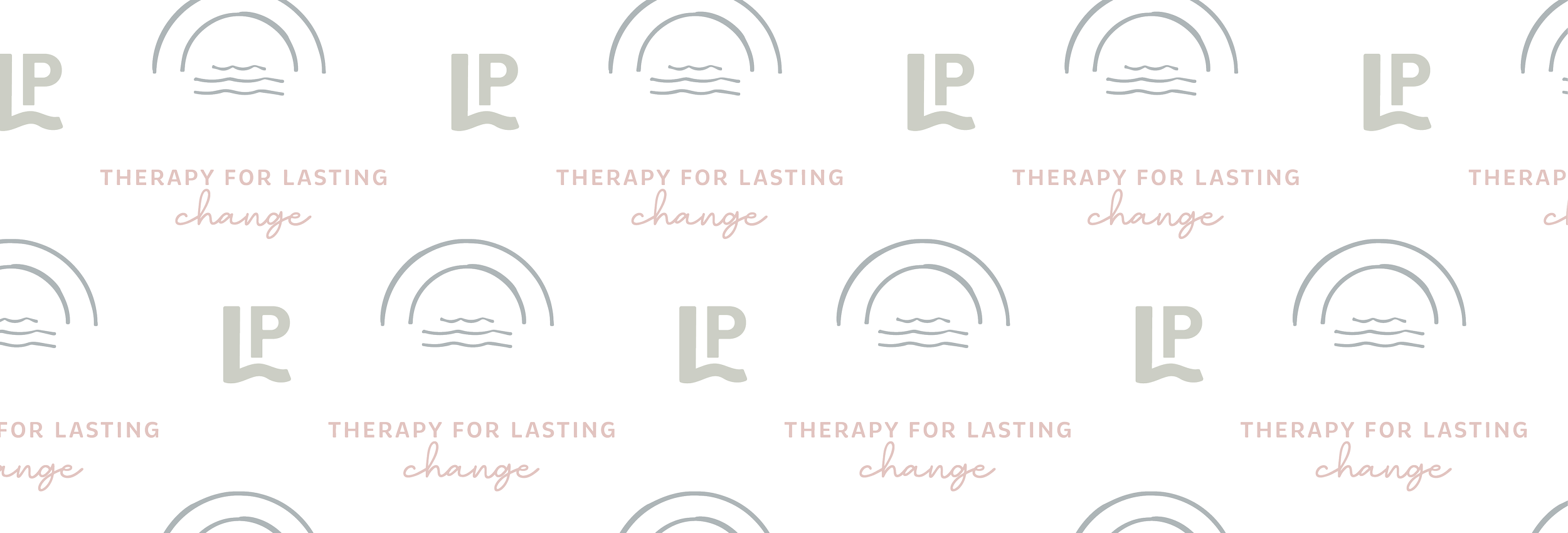
HEAL DEEPLY, LIVE FULLY
EMDR for Lasting Change
You’ve tried talking through trauma, but still feel stuck in the same pain
EMDR is a great fit if you’re looking for a deeper, more effective way to process trauma. You’re tired of just talking through the pain—you want to actually reprocess those memories and change the way they affect you. You’re seeking real change, a method that helps you finally let go of what’s been holding you back, and you’re ready to reclaim control over your life.
EMDR can help you heal deeply and move forward
EMDR, or Eye Movement Desensitization and Reprocessing, is a powerful therapy that helps you heal from trauma by changing the way you experience those memories. When we go through traumatic events, they often leave us with negative beliefs about ourselves, like "I’m not good enough" or "I’m not safe." These beliefs can stick with you and affect how you feel and react in everyday life.
With EMDR, we use specific techniques—like guided eye movements—while you focus on those memories. This process helps your brain reprocess the trauma so it no longer holds the same emotional charge. Over time, the negative beliefs tied to those past experiences shift, and you can replace them with more positive, realistic beliefs like "I am worthy" or "I am safe." EMDR allows you to let go of the past and feel more empowered in the present.

This approach will help you reach your goals by directly addressing the emotional triggers and patterns tied to past trauma. Instead of just talking through your experiences, EMDR allows you to reprocess the memories that keep you feeling stuck. As we work through these memories, the intense emotions and reactions tied to them will start to shift.
With EMDR, you’ll find relief from those emotional burdens, allowing you to feel more confident, grounded, and empowered in your life. By the end of treatment, the goal is for you to feel lighter, less reactive to past memories, and more in control of your present and future.
WHAT TO EXPECT
How EMDR Works
EMDR therapy follows a structured process designed to help you heal from trauma in a safe, supportive environment. Here’s what you can expect from the treatment as a whole:
-
In the first session, we’ll explore your history and identify the specific memories and experiences that need healing. We’ll set clear goals for what you want to achieve during therapy.
-
We’ll work on creating a sense of safety, building coping skills, and teaching you techniques like deep breathing or mindfulness to use during the process. This is important to make sure you feel grounded throughout therapy.
-
In this phase, we’ll identify the specific memory, image, or thought connected to the trauma. You’ll focus on the emotions and any physical sensations tied to that memory, as well as the negative belief associated with it.
-
These are the core stages of EMDR. While focusing on the traumatic memory, you’ll be guided through eye movements or tapping, which helps your brain reprocess the experience. Over time, the emotional intensity of the memory decreases, and we work to install a more positive belief to replace the old one. We’ll also scan for any remaining tension in the body to ensure that the trauma has been fully processed.
-
In follow-up sessions, we’ll check in on how you’re feeling and see if the memories and emotions we worked on are still causing any distress. This helps us ensure the progress is lasting.
FAQS
Common questions about EMDR therapy
-
The number of sessions varies depending on your specific experiences and needs. Some clients start noticing changes within a few sessions, while others may need longer to work through deeper or more complex trauma.
-
Not necessarily. While we’ll focus on the memories or feelings tied to your trauma, you won’t have to share every detail. The key is the processing that happens in your brain, not how much you talk about the event itself.
-
No, EMDR doesn’t make you forget what happened. Instead, it helps reduce the emotional impact of the trauma, so you can think about it without feeling overwhelmed or triggered.
-
No, I can’t guarantee that EMDR will work for everyone because each person’s journey is unique, and healing depends on many factors, like your specific goals, the pace of our work, and how you apply what you gain from therapy in your daily life. That being said, research suggests that EMDR is an effective treatment for many people dealing with trauma and PTSD. Studies suggest that many people experience symptom relief after completing EMDR, but outcomes can vary from person to person.
If EMDR doesn’t feel like the right fit, there are other options to explore. Some people find relief through other therapeutic approaches, like talk therapy, Prolonged Exposure therapy, or Cognitive Processing Therapy. Some people find self-management strategies such as mindfulness, journaling, or exercise to be helpful. Medication or culturally rooted healing practices can also be impactful. EMDR is just one of many treatments for trauma and PTSD, and together, we can explore what works best for you.
book a free meet & greet
book a free meet & greet
Ready to get started?
Experience lasting change
Feel like yourself again


